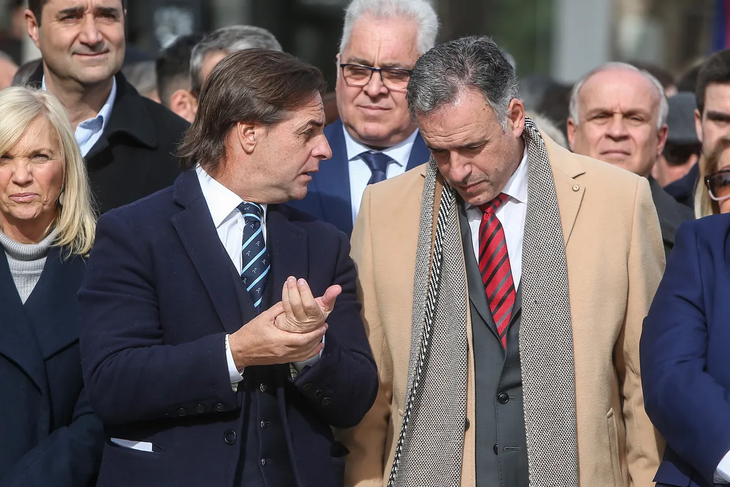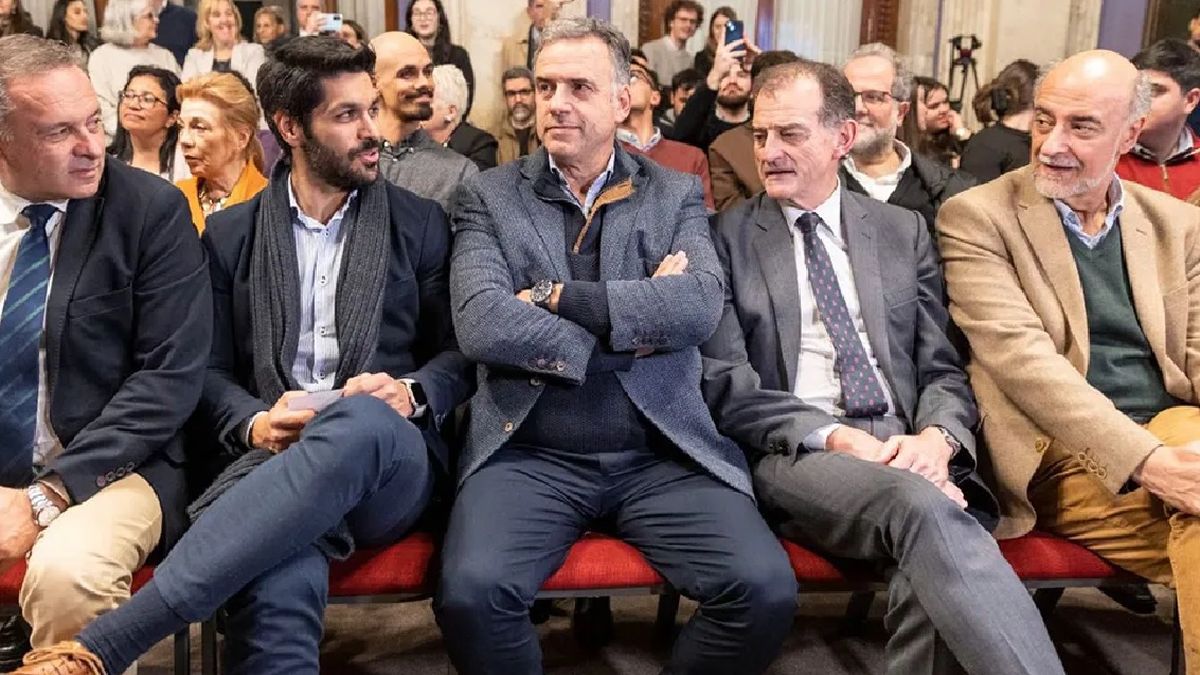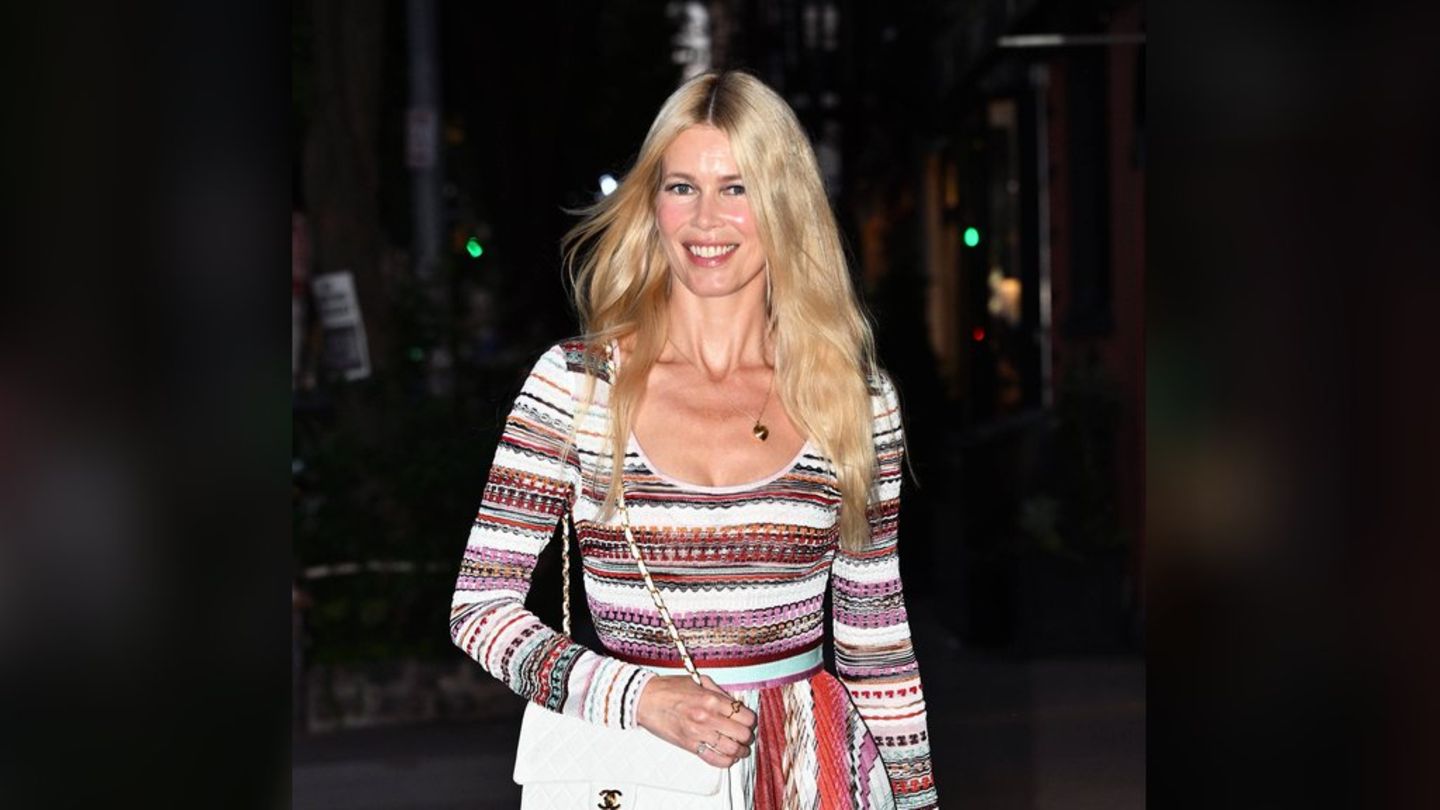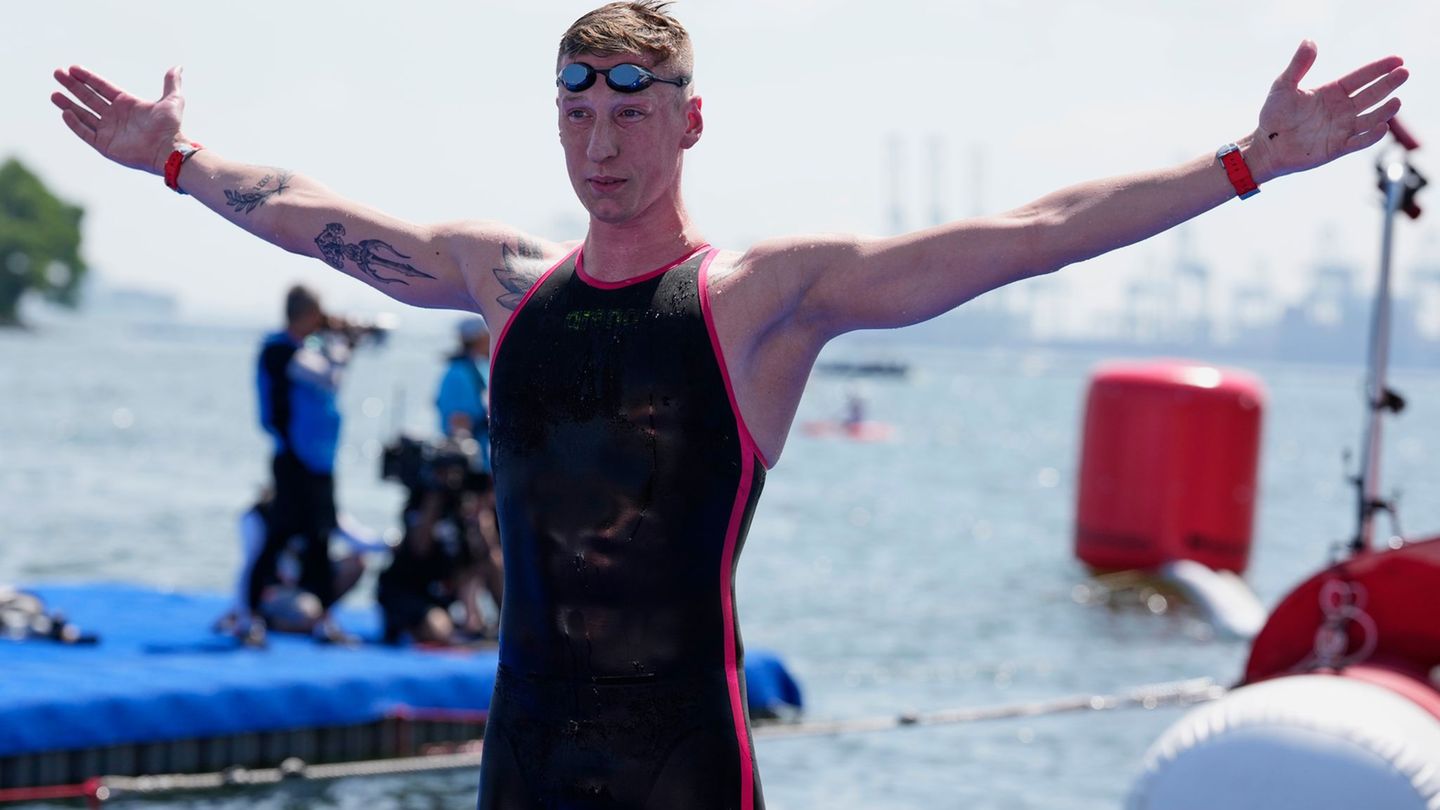Even from his campaign command they can review that position in the coming weeks, as the 2024 elections be closer and attract the interest of a much larger number of Uruguayans.
Casa admitted the validity of the point raised by the FA about it being “a 4 against 1”. “Systematically, in recent decades, the Frente Amplio candidates were seen in inferiority of conditions to face public debates and this manages to reverse this scenario,” he warned.
At the same time, he analyzed that “it manages to drive a wedge between the coalition parties, which in October are deciding the seats in the Parliament and fighting among themselves to have the greatest possible representation, while Orsi forces them to decide among themselves who will represent each event.”
“It is clear that for those who are organizing an event, the most interesting thing is to have the candidates who have the best chances, so they will always bet on Orsi and Delgado. So, they manage to relegate Ojeda to third place and put Delgado in the dilemma of whether to show solidarity with his partner and decline or ask for his participation or turn his back on him and generate some kind of internal crackling”, interpreted.
Yamandú Orsi, elections 2024, FA.jpg
At the same time, Casa observed that “within the coalition, the more they can differentiate themselves, the more they expand the umbrella and the radius of their reach to the electorate, but in this way Orsi prevents them from doing so and leaves them all under the same message and prevents them from spreading their wings to embrace a proposal with scope.”
Regarding the criticism of the ruling party against the Frente Amplio presidential candidate, he said: “They will be there and it is legitimate, but I do not think that will make a dent in terms of the public opinion”. Specifically, regarding Orsi, he said that “the majority of the electorate sees him as a candidate open to dialogue, a negotiator and a compromiser.”
Meanwhile, he minimized the risks by pointing out that “in the worst case scenario, he is not invited to events and knows that he does not need constant confrontation to go first: this allows him to cultivate the image of negotiating profile which brought him here and avoids raising the tone of the campaign.”
When asked about a possible impact of Orsi’s absence in debates on the voters undecided he explained: “They are the ones who are least informed politically and the ones who are least aware of these ins and outs. So that image can be an asset for the undecided who will most likely end up voting out of a more superficial affinity with the candidates.”
Electoral strategy and political correctness
Mariana Pomiesdirector of Figure, He considered it “difficult to define” whether Orsi’s electoral strategy is correct, but warned in an interview with this newspaper: “What is clear is that we Uruguayans like politicians to dialogue, to interact with others and to show their face. That is very important.”
Evaluating the pros and cons, he acknowledged that in the debates the FA candidate “is in the minority, with more to lose than to gain,” but countered: “The question is whether that is politically correct where people like to listen to the candidates.”
Regarding the expected questions from the government, he said: “We have to see how concerned people are about the accusations. Even though the coalition is doing it from the president Luis Lacalle Pou down, I’m not sure people register it yet.”
Orsi Lacalle Pou.webp

“The campaign is just beginning and has not even started for many Uruguayans who are focused on something else. Perhaps if this continues like this it could have a much more negative effect in one or two months,” said the director of Cifra regarding the proximity of the elections and summarized: “One thing is in August and another at the end of September or in October.”
On the other hand, he considered that Orsi’s absence does not imply changes in the internal government. “The need to differentiate between the coalition candidates is already there, because in order to win votes each one has to make a difference,” he stressed.
In this regard, Pomies analyzed: “If there are no differences with respect to the majority partner, which is the National Party, people end up voting for the biggest one. Not Delgado, but yes Ojeda, Manini Rios and Mieres They have to make nuances. It’s not that Orsi is forcing them, they are forced by the situation.”
A competitive advantage that affects the quality of the debate
For the political scientist Adolfo Garce Garcia, Orsi “seeks to try to minimize this competitive advantage” with a strategy that at the same time aims to “avoid making mistakes.” However, in statements to Scope, He considered that “in terms of electoral competition, it could affect the quality of public debate” and questioned the decision from a moral point of view, since it could be disliked by certain sectors.
Garcé García admitted that “as the party system is structured, the Broad Front It has advantages in terms of governabilityfor being a party with a long-negotiated program, with structure and authorities”, although he warned that “it has disadvantages when competing for the popular vote”, acknowledging to Orsi that “during the election, in fact, the 4 against 1 works”.
However, he focused on the institutions and reviewed: “The best electoral campaigns are those in which the candidates expose themselves, take risks and speak precisely about the proposals of their parties.” “Orsi’s decision makes sense in terms of the electoral competition but it can affect the quality of public debate. From this point of view, the candidates have the moral obligation to expose themselves,” he said.
Source: Ambito




